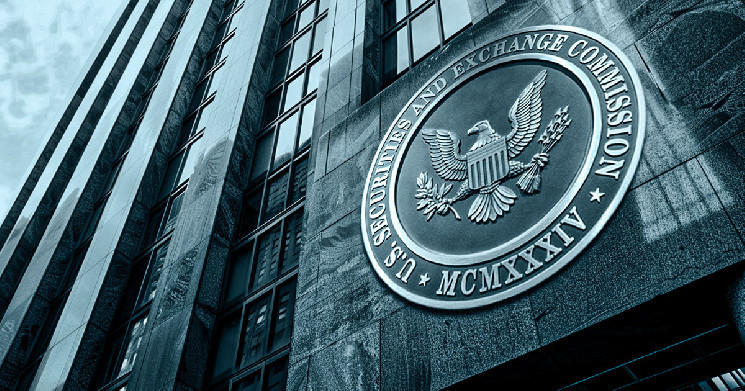An upcoming House Appropriation budget could prevent the US SEC from implementing its controversial Staff Accounting Bulletin 121 (SAB 121).
FOX Business reporter Eleanor Terrett, who reported the news on June 4, said the bill will prohibit the SEC from using appropriated funds to implement the rule. Appropriations allow agencies to incur obligations and make payments from the US Treasury for set purposes.
One policy rider in the budget states:
“Prohibits the SEC from implementing or enforcing Staff Accounting Bulletin No. 121, which implements harmful digital asset requirements.”
It is unclear whether the budget will succeed in its current form. The House, which currently has a Republican majority, will likely pass the appropriation bill in a June 5 hearing. However, the Senate, which has a Democratic and Independent majority, will need to negotiate its own appropriation bill against the House’s.
According to Terret, Democratic support for an earlier resolution with the same goal — H.J. Res. 109 — means that the Senate may leave the rider in the budget.
The bill otherwise aims to provide the SEC with $2 billion in total funding in 2025 as opposed to the $2.59 billion requested by SEC chair Gary Gensler.
Commissioner Uyeda supports overturning
Terret also reported that SEC commissioner Mark Uyeda favors withdrawing SAB 121 and that it was “unfortunate” that US President Joe Biden vetoed H.J. Res. 109.
Uyeda added that the SEC’s decision to introduce SAB 121 through a regulatory edict bypassed rulemaking under the Administrative Procedure Act (APA), thereby “undercut[ting] our system of checks and balances against an overreaching administrative state.”
Uyeda’s complaint echoes earlier criticism from fellow SEC commissioner Hester Peirce, who said in 2022 that a bulletin was not the “appropriate vehicle” for relevant change.
Uyeda and Peirce objected to procedural shortcomings rather than SAB 121’s exact content. Peirce said that the decision itself “may be appropriate.”
Attempts to overturn failed
SAB 121 requires financial institutions and other firms that safeguard customers’ digital assets to record the assets on their balance sheets. The approach to accounting and disclosure arguably imposes high capital and liquidity costs on those companies.
The US House and Senate voted to pass H.J. Res. 109 and overturn the bulletin, concluding with the Senate passing the resolution on May 16.
However, on May 31, Biden vetoed the resolution over concerns that it would undermine the SEC and put consumers and investors at risk.
Biden’s veto received pushback, as House lawmakers, the American Bankers Association, and other groups urged Biden to sign the resolution into law.
Read the full article here

